|
Dyslexia is a broad term that is used to describe a variety of learning issues. Simply put, Dyslexia is difficulty with words. Expressive Learning Disorder (ELD) and Auditory Processing Disorder (APD) are just two disorders that overlap with Dyslexia. 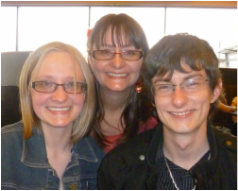 I have two, now adult, children. I was a stay at home mum. I spent heaps of time with my children. I read to them from the day they were born, and spoke with them all the time. But, they were so very different. My eldest, Brandon, was diagnosed with High Functioning Asperger’s at 17. Bright, clever, he would chat to anyone. I remember having proper conversations with him at two. He could recite his ABC’s and count to ten. He was a sponge, soaking up information all the time. At five he had moved from picture books to encyclopedias and we were conducting science experiments. The closest thing we got to a story book was The Magic School Bus series. Why the Asperger’s diagnosis? That I discuss here. My daughter was very different. Ashlyn was very quiet. She loved books and looking at the pictures. We would make up stories with her toys. Yet, my daughter was delayed in her speech. At four, Ashlyn still spoke in phrases - not in complete sentences. For example, she would say things like, “Me go outside.” She would struggle with common day to day language, and she was unable to pronounce many words. I am not saying that she was not bright, clever and inquisitive. She was, and is, all these things. It was just hard for her to express herself with words. When she was four, doctor’s finally listened and she went to speech therapy for Delayed Speech Disorder. We had a lot of work to do in one year to get her ready for school. After a year of hard work with the speech therapist, Ashlyn did it… she was ready for school. However, by the time she got to high school she was struggling with her school work and falling further and further behind. In year 7, she was diagnosed with Expressive Language Disorder and Auditory Processing disorder. At 20, just about to turn 21, Ashlyn is bright and articulate. She loves learning languages, as well as the history and culture of various countries. She loves anime and often watches it in Japanese with English subtitles. She also is a massive fan of Dr Who, Star Trek and Star Gate: SG1 and Atlantis . She can make the most amazing plushies (soft toys) and has a funny sense of humour. Ashlyn also has Dyslexia. More specifically, Expressive Language Disorder and Auditory Processing disorder. What is Dyslexia? “The word dyslexia comes from the Greek language and means difficulty with words. Individuals with dyslexia have trouble with reading and spelling despite having the ability to learn. Individuals with dyslexia can learn, they just learn in a different way. Often these individuals, who have talented and productive minds, are said to have a language learning difference.” Expressive Learning Disorder (ELD): Expressive language disorder means a child has difficulty conveying or expressing information in speech, writing, sign language or gesture. Auditory Processing Disorder (APD): an umbrella term for a variety of disorders that result in a breakdown in the hearing process. In short, our brain cannot make sense of what our ears hear because the auditory signal is distorted in some way. As a result, one of the biggest problems experienced by individuals with CAPD is difficulty listening in background noise. What were some of your struggles when you started primary school? Talking to people and understanding what teacher’s wanted of me, and understanding of what or how to ask questions to get the help I needed. That was the main struggle, and expressing how I felt. Reading was really hard. I didn’t know how to spell the words. Especially learning the silent letters. Sometimes the words were too close together and I couldn’t understand what was being said in the book. It was my comprehension of the written word that was a big struggle too. What are some of the things that helped you at primary school? You helped a lot. Reading to me and helping me with my homework, and going over the days work with me until I could understand it. Keeping at it and not giving up until the information just sunk in and I could comprehend it. What were your greatest challenges? Keeping up with everyone else was really hard. Everyone else seemed to pick things up so easy. I had to try so hard, so I felt stupid, even though I knew wasn’t. The other thing was that I would mishear the teacher and not pick up what the teacher was saying. I would just sit there confused and then get into trouble for not doing the work. 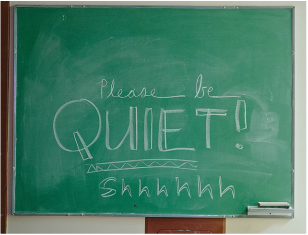 In what ways was high school was harder? There was a lot more work, and harder work. The teacher seemed to speak really fast as well, and because of that I couldn’t hear what they were saying and would get distracted and stare out the window. I fell far behind, especially in maths, because of that. I also found that the class sizes were bigger so there was more noise and I couldn’t hear the teacher properly, or concentrate on the work. I just needed quiet then I was alright. You have said to me in the past that sometimes people don’t listen to you. How did it make you feel when children and teachers did not listen to you? It made feel insignificant and like I didn’t matter. I needed help and it seemed like they just did not care or understand my situation, or they couldn't even bother to find out. What are some of the things that teachers did that helped?
Can you give me an example of the last one? My Year 10 English teacher. We did a monthly book reading where we had to read the book then go in the front of the class and tell the class what it was about and we thought about it. I was always uncomfortable talking in front of groups. All my other teachers never pushed me and let me talk in front of five people, not the whole class. Mrs Bundy insisted that I do the talk in front of everyone. “You can do it, I know you can.” And I did do it. It made me feel better about myself. I found out that I can do more than I give myself credit for. I thanked her for it as well. I thank her again, now, because if she had not pushed me at the time, I would not have found that I can do so much more than I think. I am grateful that she did not give up on me. 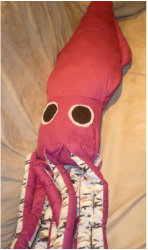 What were your favourite subjects at school? Art, science, history and geography and textiles. Textiles sparked my love of plushy making. And year 10 maths because it was fun. The teacher, Tatiana, made maths fun and easy to understand. I finally caught up because of her. Even if she did put in a few Russian letters in here and there. She even spent some lunch times teaching me Russian, just because I love learning languages. You completed three subjects by Distance Education in your final year. Year 12 History – Revolutions, as well as Japanese (Year 7) and German (year 11). How did you accomplish this? What helped? I was really passionate about these subjects. I spent a lot of time writing it out. The languages, I practiced speaking it every chance I got. With the History I got a lot of help from you. The work book was quite thick and intimidating for me. You would highlight the most important information, and indicate the pages where the answers were. This helped and I did not feel so overwhelmed. An Anime show 'Hetalia' really helped with History. It's really good as it talked about history in a fun and engaging way. It was fun way to pick up the history of each country. 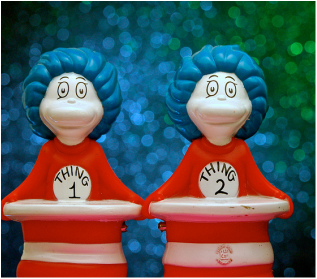 Can you share an experience that shows how having Expressive Language Disorder affects you in everyday life? Often it is trying to think of the right words to say to describe the situation, or the thing. Hmm. I keep using 'the thing' to describe objects etc. For example, “Do you want the thing for thing?” When I am trying to say, “Do you want chicken for dinner.” It does not stop me speaking. It just means that I have to stop and think and work out what I am trying to say before I speak. It also makes things interesting. Describe one funny incident that you can remember from high school, that shows why you needed directions from the teacher, written down, due to your Auditory Processing Disorder? Once in year 10 maths, the teacher wanted the homework that she had set due by the 6th of June. After class I went up to her and asked, “Did you say ‘Due 6th of June,’ or ‘Marinate six moons’?” She and a friend of mine had a bit of a giggle, but she said that it was due the 6th of June. From that point she wrote due dates on the board, and gave out handouts. That was funny. “Did you say ‘Due 6th of June,’ or ‘Marinate six moons’?” Do you still have reading comprehension issues now? Sometimes. Sometimes what I read does not make sense and I have to ask for clarification. How has that affected you in the courses that you have done in the last two years since leaving school? It did cause a struggle. I did not know what some of the work meant. This meant that I needed more help from my Cert 3 and 4 Tourism teacher, Adele. She was more than happy to help me and wanted me to do the best that I could. In my Cert 2 in Retail that I did last year, it was hell. It was online. It was the way the system was set up. It was not friendly. Well, not to me anyway. You had to help me a lot, explaining things and helping me to find information. Does having Auditory Processing Disorder limit your job opportunities? If so, how? In some sense it does. Working in fast food is one place I definitely can’t go into. This is because I can’t pick up what people are saying because the environment is very noisy. I would miss what people were saying and get the words confused with other people's words. What would you tell your ten year old self? Never give up even if the road ahead might be rough. Persevere and you can achieve many great things. What do you enjoy doing now? I love learning new languages. I teach myself from books. Mostly German and Japanese and I can speak quite a bit of it. I also love making soft toys, also known as plushies. I love writing stories and drawing as well as learning about animals and the world around me. I used to struggle reading books a lot. Now I can read big thick books, as long the story is good. Three fun facts: * I can say ‘I love you,’ in 22 languages (and the list is growing) including Klingon, Vulcan, Romulen, Elvish, German, Japanese, Swedish, Czech, Russian and French. * I made an eight foot squid and it’s my largest plush that I have made. * I own a Bearded Dragon named Garrick, named after a Star Trek: Deep Space Nine character, and a two year old fluffy black cat named Ezri who mews like a kitten. I hope that Ashlyn sharing her story will help someone out there to not give up. Seeking help, and with the proper interventions, and hard work, reading need not always be a burden and you can learn strategies to live with Dyslexia, ELD and APD, and thrive.
Liz Dunoon from Dyslexia Daily has some great resources. Feel free to check them out. Barrington Stoke books are specifically created for reluctant readers or those with dyslexia. I own two books. A picture book and one for ages 10 plus. The books are printed on cream paper and it is printed in a special font created for those with Dyslexia. The picture books have plenty of white space around the words so nothing is distracting. All these elements make such a difference to the enjoyment of a book. And if you live in the Latrobe Valley in Gippsland, Victoria, Australia, Reader's Emporium stoke a great range of the Barrington Stoke Books, as well a range of audio books. Feel free to share your stories or contact me via email. 21st October 2016 update: Ashlyn has applied to go to University next year to first do a bridging course to prepare her for Uni, then go into a Bachelor of Science specializing in Veterinary and Wildlife Science.
0 Comments
Your comment will be posted after it is approved.
Leave a Reply. |
AuthorOn my blog you will find: Categories
All
Click to set custom HTML
|
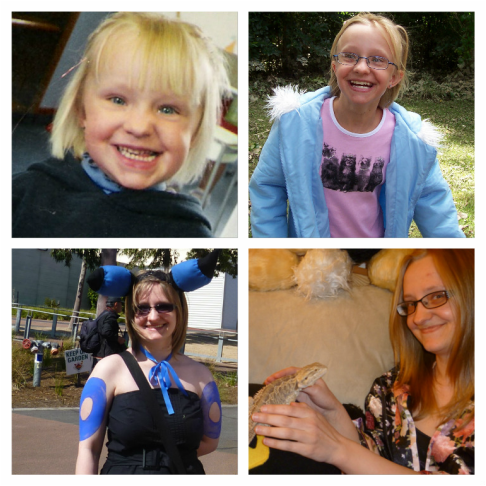
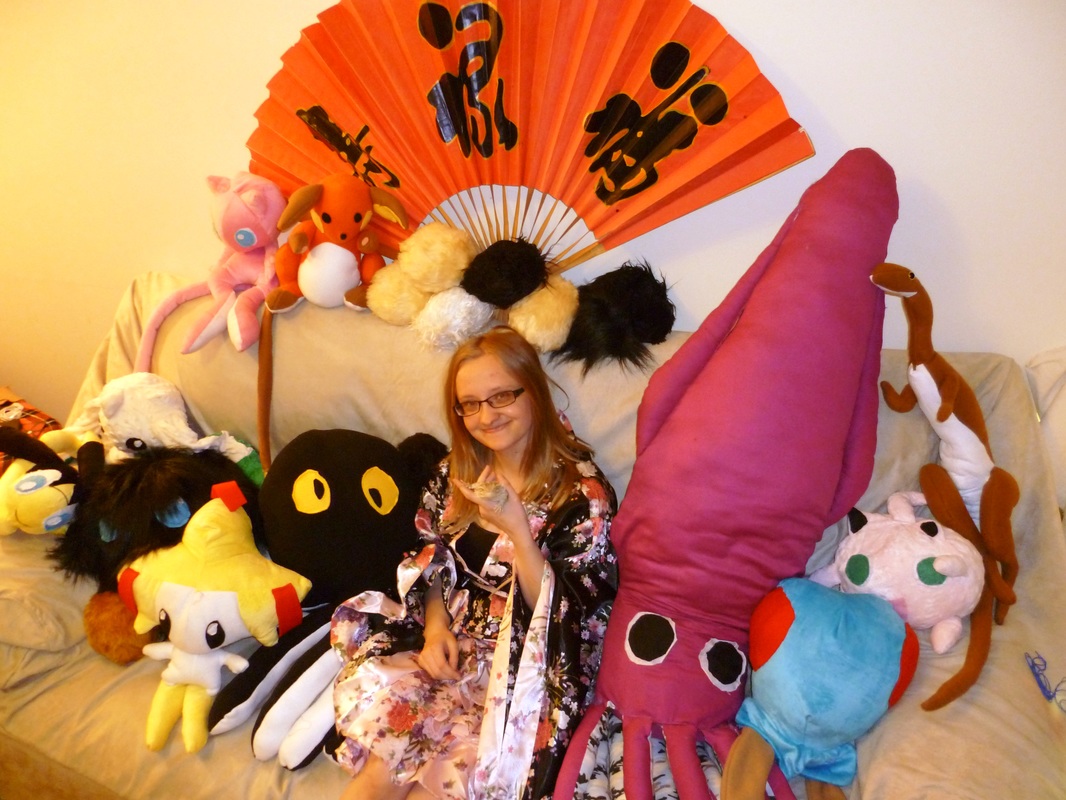
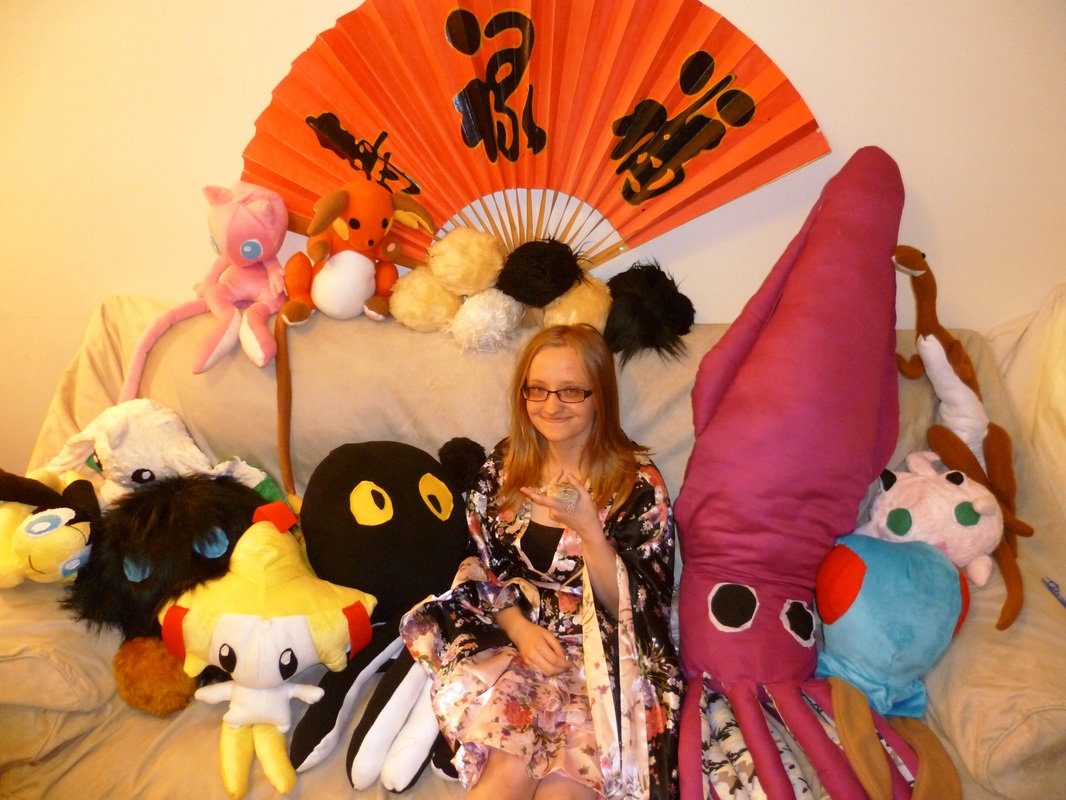
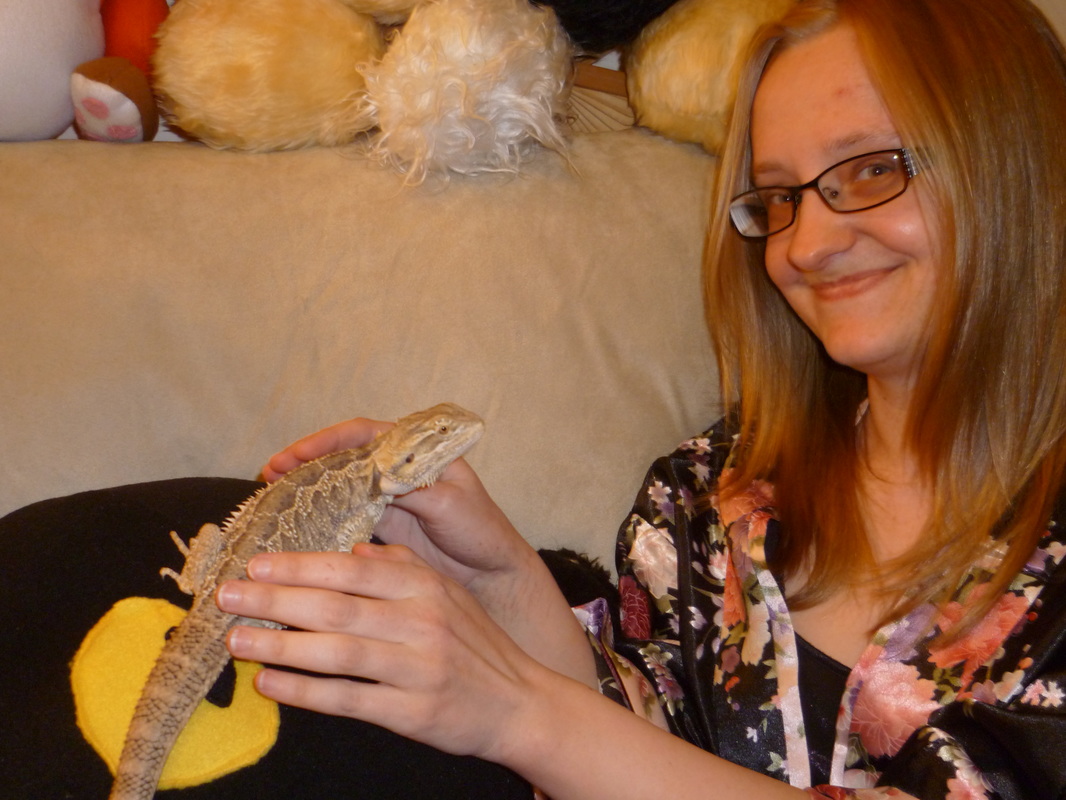
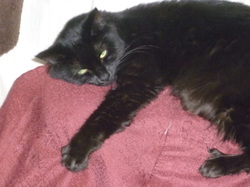
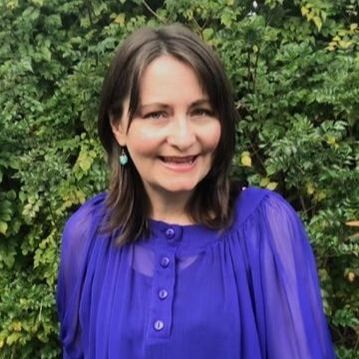
 RSS Feed
RSS Feed